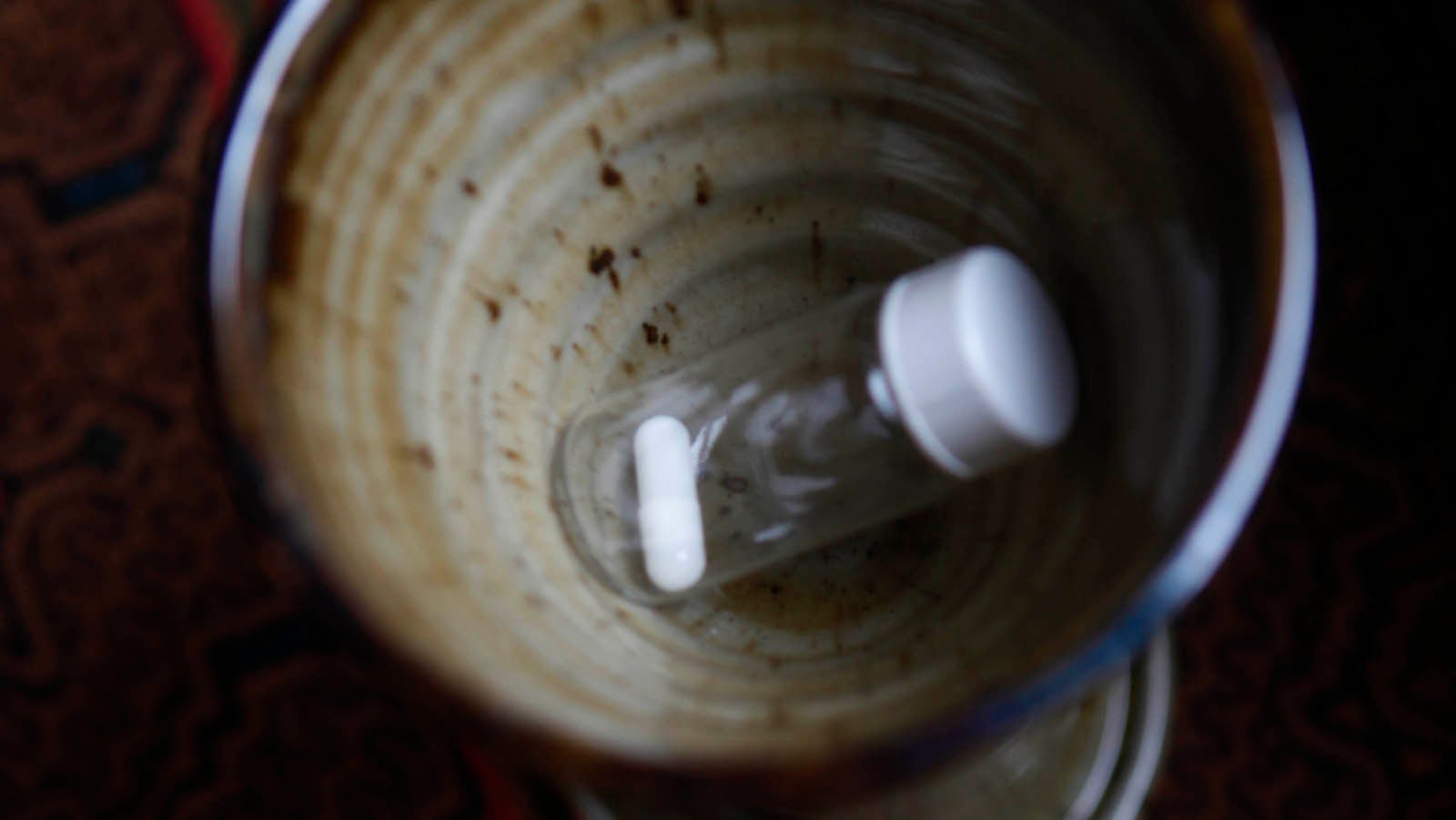The best medicine for your illness might just be a placebo
I grew up in Marin County, California—a hotbed of holistic health, where “healers” of all stripes (legitimate or not) thrived. My own father was an acupuncturist who treated most of my ailments with tiny silver needles or stinky Chinese herbs. I went to the doctor only for routine physicals and shots required for school. Thus, I grew up believing that my body had the power to heal itself.


I grew up in Marin County, California—a hotbed of holistic health, where “healers” of all stripes (legitimate or not) thrived. My own father was an acupuncturist who treated most of my ailments with tiny silver needles or stinky Chinese herbs. I went to the doctor only for routine physicals and shots required for school. Thus, I grew up believing that my body had the power to heal itself.
Once I left home and moved to the more conservative burbs of Santa Clara County, I came to realize that the average person considered alternative medicine to be a placebo at best—and an outright sham at worst. But perhaps placebos have been getting a bad reputation. New research into the placebo effect suggests that our expectations and beliefs can play a much bigger role in healing than previously thought.
The placebo effect can work in a variety of ways, according to science writer Jo Marchant, author of the new book Cure, which explains the legitimate physiological mechanisms of non-medical treatments.
When it comes to treating pain, for example, “placebo painkillers can trigger the release of endorphins and endogenous opioids in the brain,” Marchant tells Quartz. “These are the neurotransmitters that opiate drugs are designed to mimic. The placebo painkiller is working through the same biochemical pathways as the drug.”
Even more astonishingly, the placebo effect may work even if people know they’re not receiving actual medical treatment. In a 2010 study led by Harvard’s Ted Kaptchuk, 80 patients with irritable bowel syndrome were given “honest placebos” (that is, their pills were labeled “placebo”). The group showed startling results, experiencing twice as much relief from their symptoms of pain and inflammation as the control group that did not receive any pills.
“The higher the expectation in patients, the more likely they are to experience a placebo effect,” Marchant tells Quartz.
At 41 years old, the placebo approach has rarely failed me. Although I rely on Western medicine when necessary and dutifully get my vaccinations, for more everyday health problems I turn to my massage therapist, chiropractor, and acupuncturist before my doctor.
In fact, I admit to a lifelong, irrational distrust of doctors—which may influence my ability to recover in their care. Last year, I suspected my unusually painful sore throat might be strep. I tried to make an immediate appointment with my regular doctor, but she wasn’t free. Instead I saw a new doctor, who scowled when I told him my concerns and waved me off. “I doubt it’s strep,” he said as he administered the swab to only one side of my throat with all the gentleness of a toilet plunger.
The strep didn’t turn up on the test. Yet two days later, I had developed full-blown scarlet fever as the result of an unchecked strep infection. Even after the antibiotics kicked out the infection a week later, I still didn’t feel well. Rather than return to my doctor, I made an appointment with my acupuncturist, a warm, tender woman who spent 20 minutes with me, then rested me on a warm table under a heat lamp after applying the needles. I quickly felt back to normal.
That kind of hands-on nurturing, as it turns out, may very well be the crux of what makes the placebo effect so, well, effective. “It may be that getting some kind of attention and care is telling your brain ‘I’m safe and I’m being looked after,’” says Marchant.
Several recent studies support this theory. In a 2009 study published in Perspectives of Biological Medicine, the authors write that the placebo effect should be seen as “a set of related causal processes within ‘interpersonal healing,’ in which both a session and the relationship between a healer and a patient “produce therapeutic effect.” And in a 2007 German study of over 1,100 patients with chronic low back pain, some patients received “sham” acupuncture (using a retractable needle that doesn’t penetrate the skin) from a warm, nurturing practitioner. This group reported feeling 44% more pain relief than patients who got real acupuncture from an aloof but efficient practitioner.
Research has shown that placebos can also have measurable effects in areas ranging from reduction in stress hormones to fatigue, nausea and headaches. Marchant even mentioned a study that had success using placebo oxygen to treat altitude sickness.
It’s important to remember that just because the placebo effect can sometimes make people feel better doesn’t mean it can actually cure disease. Rather, placebos can ameliorate symptoms and act as a helpful complement to Western medicine.
“What all of this data is telling us … is that the psychological and social components of care are really important and have real physical effects that cause biological changes that are just as real as drugs,” says Marchant.
Unfortunately, interpersonal healing can be tough to achieve in the current American health-care system. Doctors and patients are overburdened with heavy patient loads. Yet if modern medicine can find a way to embrace the nurturing treatment associated with the placebo effect, it could drive down some of the steep costs of health care. Patients might well need fewer doctor’s visits and fewer medications.
It’s Marchant’s hope that more research into the mechanisms of the placebo effect will help us learn to combine traditional medicine with practices that can maximize its effects on our healing. In the meantime, I’ll be keeping my massage therapist, acupuncturist, and chiropractor in business.